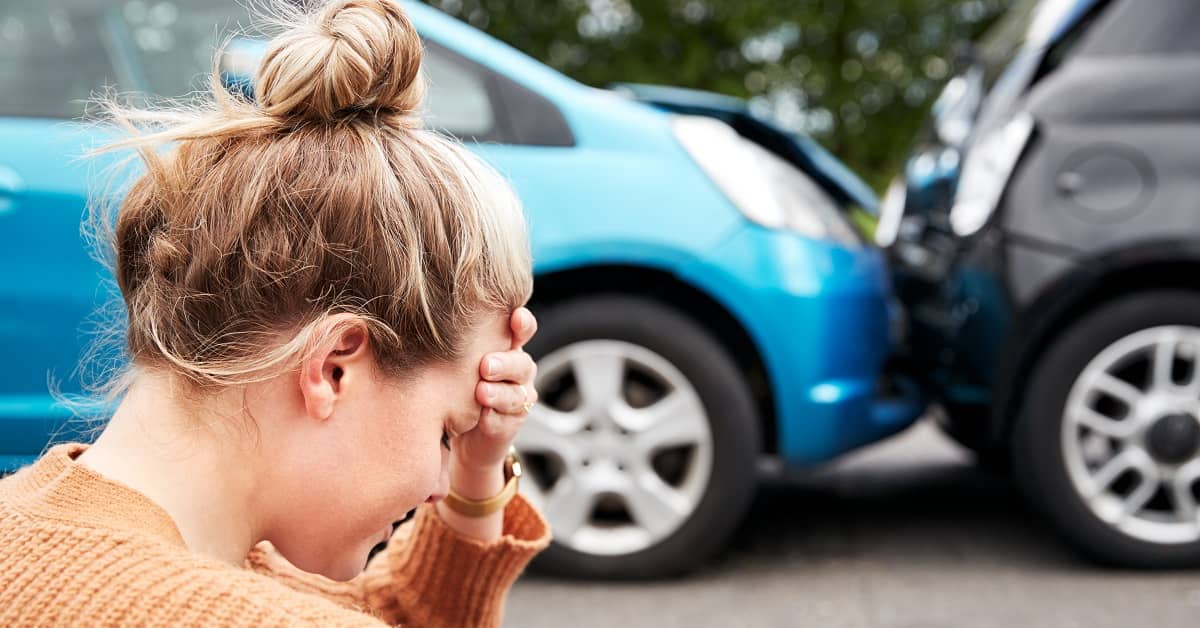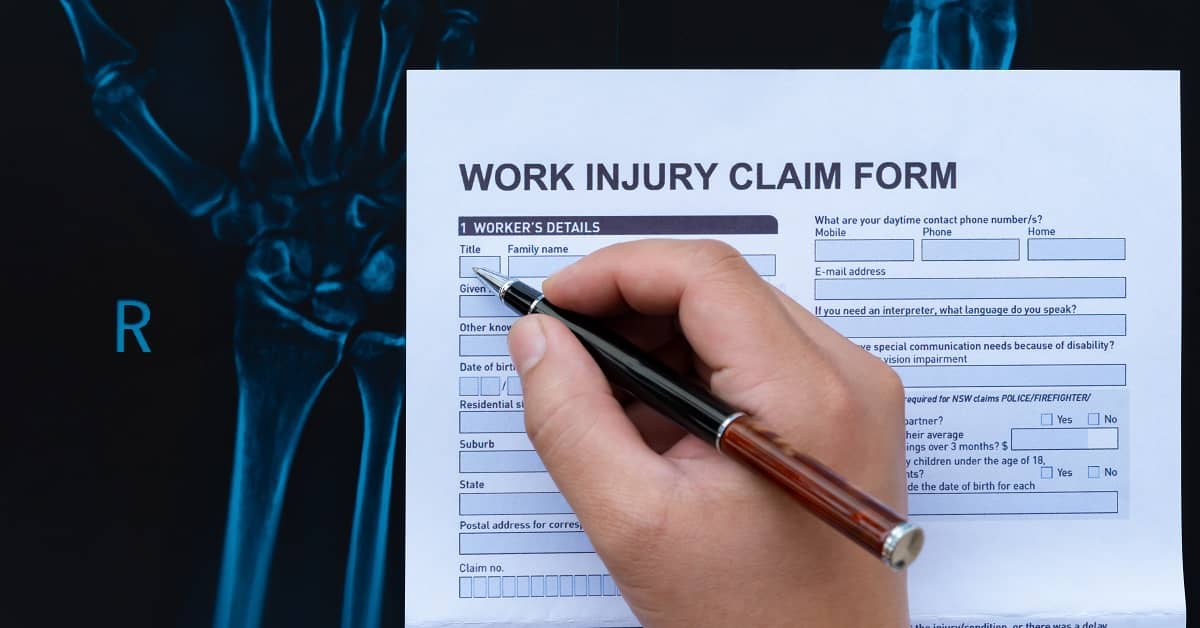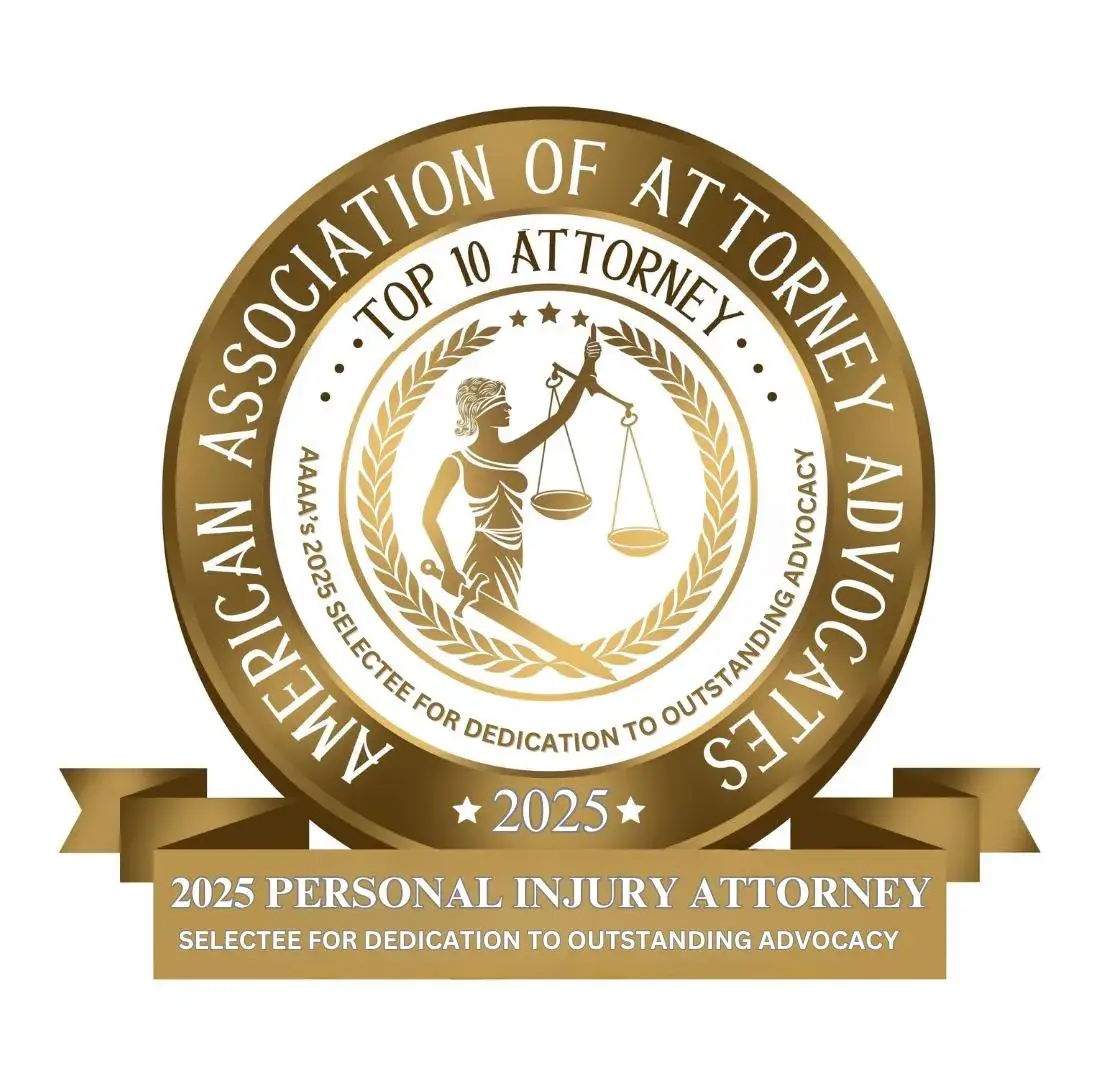
Who Is Liable in an Auto Accident?
The question of who is at fault for an accident generally rests on the drivers involved. One driver may be wholly at fault for the collision, or the negligence of multiple drivers may be a factor.
However, depending on the circumstances, additional parties may be liable. The parties at fault for damages in your accident claim may include another driver, a vehicle manufacturer, a government entity, and/or others. An experienced auto accident lawyer can investigate the crash and determine who is liable.
If you have been injured in an accident, contact Maggiano, DiGirolamo & Lizzi for a free consultation. Our auto accident lawyers serve clients throughout New Jersey and New York.
Liable Parties in an Auto Accident Claim
One of the most important steps to take after any accident is to exchange information with the other driver. This can help you identify the potential at-fault parties.
Investigation of the accident may reveal that one or more of the following parties may be liable in your claim:
1. The At-Fault Driver
Negligence behind the wheel can take many different forms. Some of the most common negligent behaviors that result in auto accidents include:
- Excess speed
- Ignoring stop signs and red lights
- Distracted driving
- Errors when turning or changing lanes
- Following another vehicle too closely
- Aggressive driving
- Drunk or impaired driving
If your accident occurred because another driver was engaging in one of these behaviors, you may have a fault-based claim. The driver’s insurance company is liable for damages if he or she causes an accident.
One complexity that may arise after auto accidents involves cases where the driver is not the owner of the car. Provided the at-fault driver had permission to operate a vehicle belonging to somebody else (usually a friend or family member), then the owner’s insurance will cover damages caused by the other driver’s negligence. If your losses exceed the insurance coverage held by the owner, then the at-fault driver’s insurance will make up the difference.
Read More: Can a Car Owner Be Sued for Another Driver’s Accident?
2. A Commercial Business
Most vehicle accidents involve collisions between two or more private vehicles. However, if the driver was working at the time of the accident, liability can be more complicated.
Common examples of commercial vehicle accidents include:
- Truck accidents
- Delivery van accidents
- Bus accidents
- Car accidents with construction vehicles in work zones
- Taxicab accidents
- Rideshare vehicle accidents
In collisions with commercial vehicles, both the commercial driver and his or her employer may be liable. Commercial vehicle accident claims may involve issues of negligence on the part of the driver (including fatigue, failure to inspect the vehicle, driving under the influence, etc.) as well as on the part of the company (such as negligent hiring and training practices, inadequate maintenance, etc.).
Thorough investigation may reveal additional negligent parties. For example, it is not uncommon in truck accident claims to discover that a third-party shipping company improperly loaded the trailer – an error which can lead to accidents.
3. A Vehicle or Parts Manufacturer
Both personal and commercial vehicles can suffer from malfunctions that lead to crashes. Sometimes improper maintenance can cause a part to fail, in which case the owner of the vehicle and/or a negligent mechanic or repair shop could be liable.
However, in cases where a faulty part arises from a defect, multiple parties within the “chain of commerce” can be held accountable. Comprehensive investigation is crucial in product liability claims to determine (a) what caused the defect, (b) how the defect led to the accident, and (c) which party or parties are responsible.
4. A Government Entity
Dangerous and defective roads are among the most overlooked causes of auto accidents. However, negligence in the design and/or maintenance of roadways can increase the risk of single-vehicle collisions as well as accidents involving multiple vehicles.
Generally, the government is responsible for keeping roads in safe driving condition. If the government entity responsible for the road fails in this duty, you may have a claim against the local or state government.
Claims against government entities are subject to different rules than accident cases involving private individuals and companies. It is important to contact an auto accident lawyer to make sure you follow the proper procedure and do not miss any deadlines for pursuing your case.
5. An Establishment or Social Host Serving Alcohol
Both New Jersey and New York have instituted dram shop laws that allow personal injury victims to recover compensation from parties that serve alcohol to individuals who cause harm as a result of their intoxication. The dram shop laws allow accident victims to pursue third-party claims in the following circumstances:
- In New Jersey:
- Both establishments and social hosts are liable if they serve alcohol to someone who is visibly intoxicated or under the age of 21.
- In New York:
- Bars, restaurants, and other businesses may be liable for unlawfully serving an intoxicated individual or serving alcohol to someone under the age of 21.
- Social hosts may be held liable for knowingly or unlawfully serving alcohol to someone under the age of 21.
Dram shop claims are often complicated. Thorough investigation is necessary to establish the negligence of an establishment or social host, such as failing to recognize that a patron was visibly intoxicated (in cases where the driver was of legal drinking age) or failing to ask a customer for ID (in cases where the driver was underage).
What About the No-Fault Law?
You may be wondering why questions of fault would be at issue in your accident case when New Jersey and New York are no-fault states. Although most accident victims are confined to recovering compensation for certain losses through their personal injury protection (PIP) insurance, there are two major reasons that fault (and, therefore, liability) may be at issue in your case.
First, if your injuries exceed the threshold for what is covered by PIP insurance (generally known as a “serious injury”), you may be able to file a claim against the at-fault driver. If your lawyer can prove that the other driver was at fault for the accident, his or her insurance company will be liable for damages in your case.
Second, you may have additional claim options if you were injured in an accident caused by a party or parties other than an at-fault driver. In these claims, you will need to present evidence of fault to make a compelling case for why one or more of the parties – and their insurance companies – may be liable.
Get Help Determining Who Is Liable in Your Auto Accident Case
Investigating an accident can be complicated. Even if you exchange information with the other driver, speak to witnesses, and give a statement to the police, it can be difficult to know all of your options for filing a claim, as well as who is liable for damages.
Maggiano, DiGirolamo & Lizzi can help. Our lawyers treat each client as a unique individual and each case as a singular event. This approach enables us to identify all of the at-fault parties and pursue fair compensation on your behalf.
Please call (201) 585-9111 today for a free case review. Our auto accident attorneys serve clients in Fort Lee and all of New Jersey, as well as New York City and areas throughout New York.



















